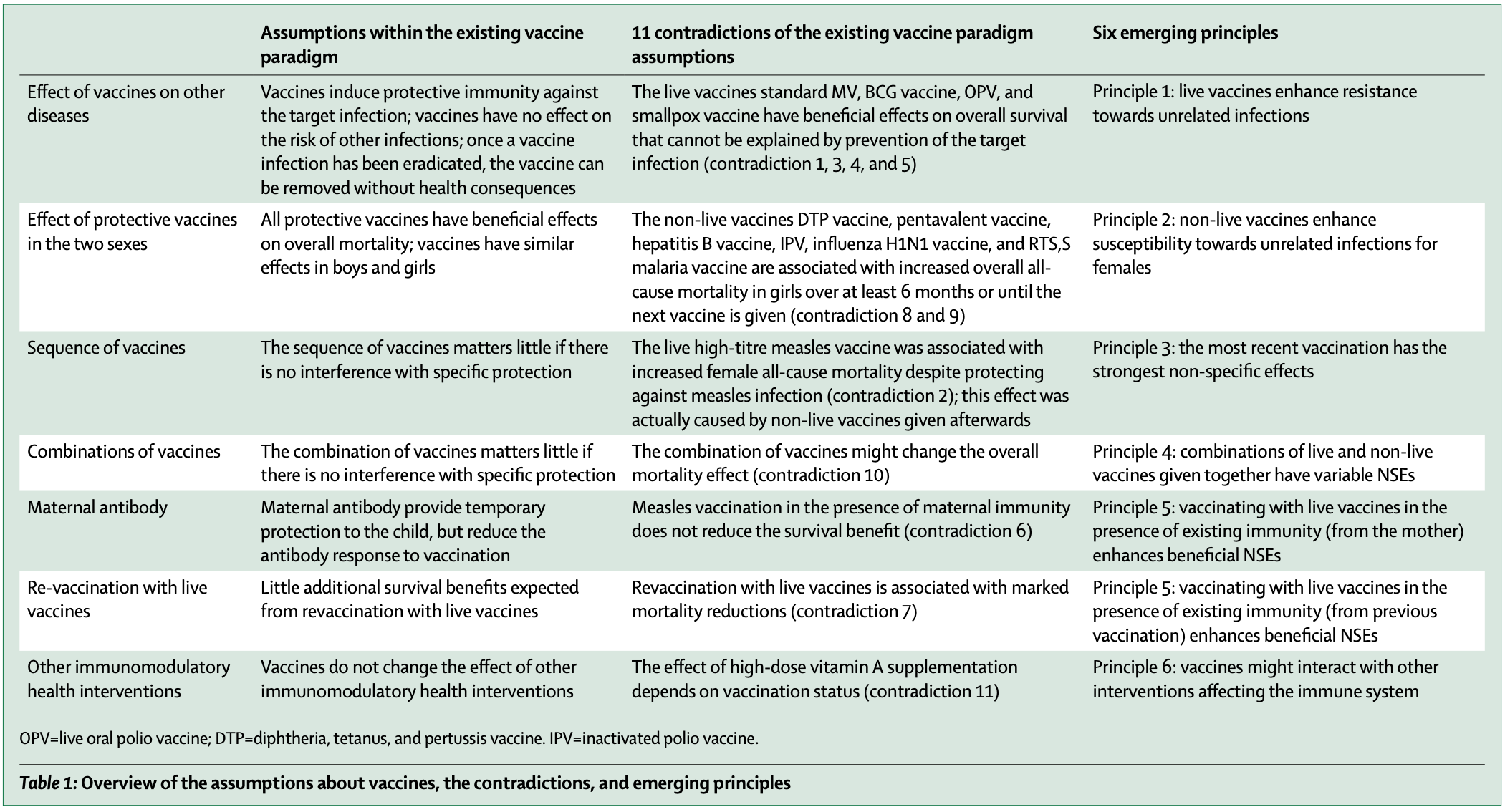Early in the COVID-19 pandemic, public health officials noticed something strange: Countries that still used the BCG vaccine against tuberculosis had fewer infections and deaths from coronavirus. Could the BCG vaccine somehow confer protection against a completely unrelated disease?
The answer to that question is "yes," although we won't know for a while if the BCG vaccine helps prevent COVID-19. (Clinical trials are ongoing.) A paper published in Nature Reviews Immunology explains that epidemiologists noted long ago that children vaccinated with BCG experienced a far greater reduction in mortality than could be explained by the prevention of tuberculosis alone. Indeed, scientists found that BCG protected against various respiratory pathogens -- like influenza and RSV -- not just against the bacterium that causes TB.
The reason involves long-term immune stimulation or "trained immunity." Typically, vaccines induce long-term immune memory, but the BCG vaccine has a different mechanism of action. BCG epigenetically reprograms the cells of the innate immune response so that they respond more strongly upon subsequent exposure.
Vaccines Can Change Susceptibility to Other Diseases
This raises a troubling question. If some vaccines can help protect against unrelated diseases, could they also make people more susceptible to unrelated diseases? Unfortunately, the answer to that is probably "yes," too.
A very disturbing paper published in The Lancet Infectious Diseases begins:
"The existing vaccine paradigm assumes that vaccines only protect against the target infection, that effective vaccines reduce mortality corresponding to the target infection’s share of total mortality, and that the effects of vaccines are similar for males and females."
It then lays out eleven contradictions to this paradigm. The most disturbing ones involve increases in all-cause mortality. For instance, the authors report the existence of ten studies that have noted that children vaccinated against DTP (diphtheria, tetanus, pertussis) are twice as likely to die as those who are not vaccinated against DTP. The effect was worse among girls. This raises two frightening prospects: (1) Boys and girls do not respond to vaccines in the same way; and (2) While a vaccine works to prevent a targeted disease, it might inadvertently alter the immune system in such a way that it increases susceptibility to other diseases.
Before everyone panics, it should be noted that these studies looked mostly at children from poor countries, like Malawi and Guinea-Bissau. There are almost certainly features of life in those countries -- from poverty to lack of access to healthcare to environmental conditions -- that would render these results inapplicable in rich countries. Still, they are concerning.
Six Emerging Principles in Vaccinology
After carefully examining all the contradictions, the authors proposed six principles that may explain the observations. (See chart.)

The six principles are:
- Live vaccines enhance resistance towards unrelated infections.
- Non-live vaccines enhance susceptibility towards unrelated infections for females.
- The most recent vaccination has the strongest non-specific effects.
- Combinations of live and non-live vaccines given together have variable non-specific effects.
- Vaccinating with live vaccines in the presence of existing immunity (from the mother or from previous vaccination) enhances beneficial non-specific effects.
- Vaccines might interact with other interventions affecting the immune system.
It goes without saying that these are all worthy of further investigation.
A Dangerous Paper
The danger that this paper poses is obvious: It will serve as ammunition for anti-vaxxers who claim that vaccines and the CDC's recommended vaccine schedule aren't safe. But that would be a fatal mistake. At the present time, the safest conclusion is that the risks of target diseases are far greater than the risks posed by their respective vaccines.
Still, the available evidence indicates a possible need for reform. For example, the authors conclude:
"[I]f BCG vaccination was given to children at birth, if higher measles vaccination coverage could be obtained, if diphtheria, tetanus, and pertussis-containing vaccines were not given with or after measles vaccine, or if the BCG strain with the best non-specific effects could be used consistently, then child mortality could be considerably lower."
This is highly useful and potentially life-saving information. Don't let anti-vaxxers and those who have nefarious purposes hijack it.
Source: Christine Stabell Benn, Ane B Fisker, Andreas Rieckmann, Signe Sørup, Peter Aaby. "Vaccinology: time to change the paradigm?" Lancet Infect Dis. Published: July 06, 2020. DOI: 10.1016/S1473-3099(19)30742-X




